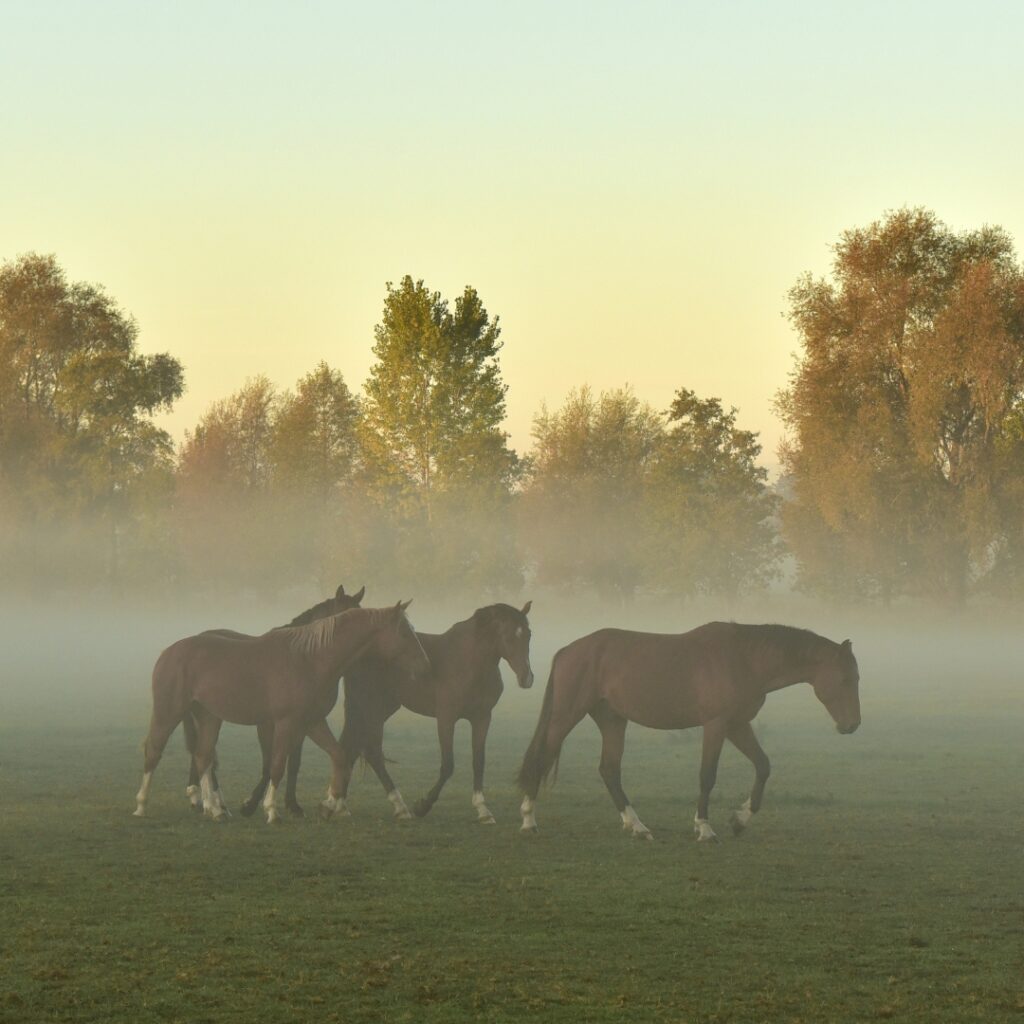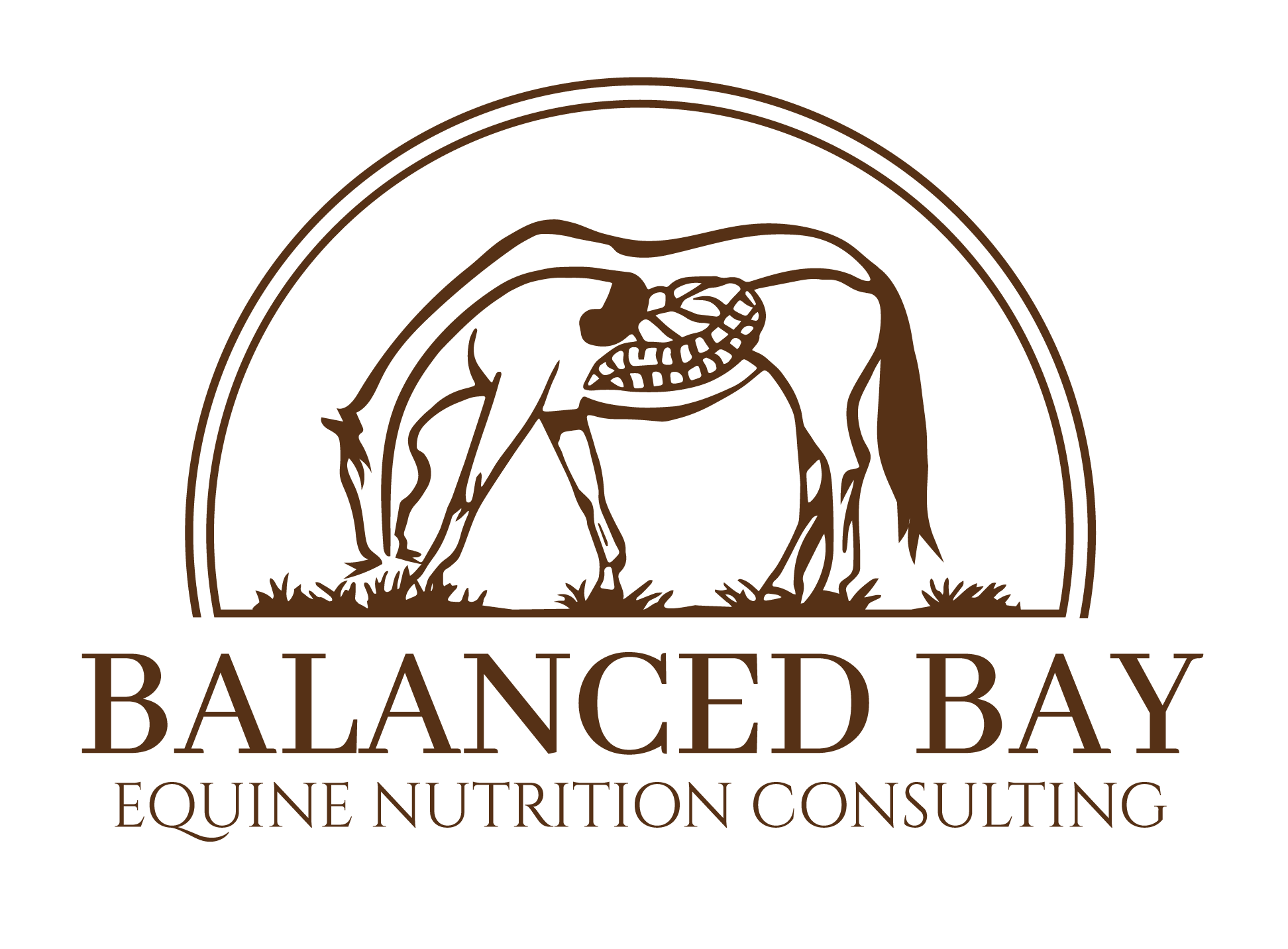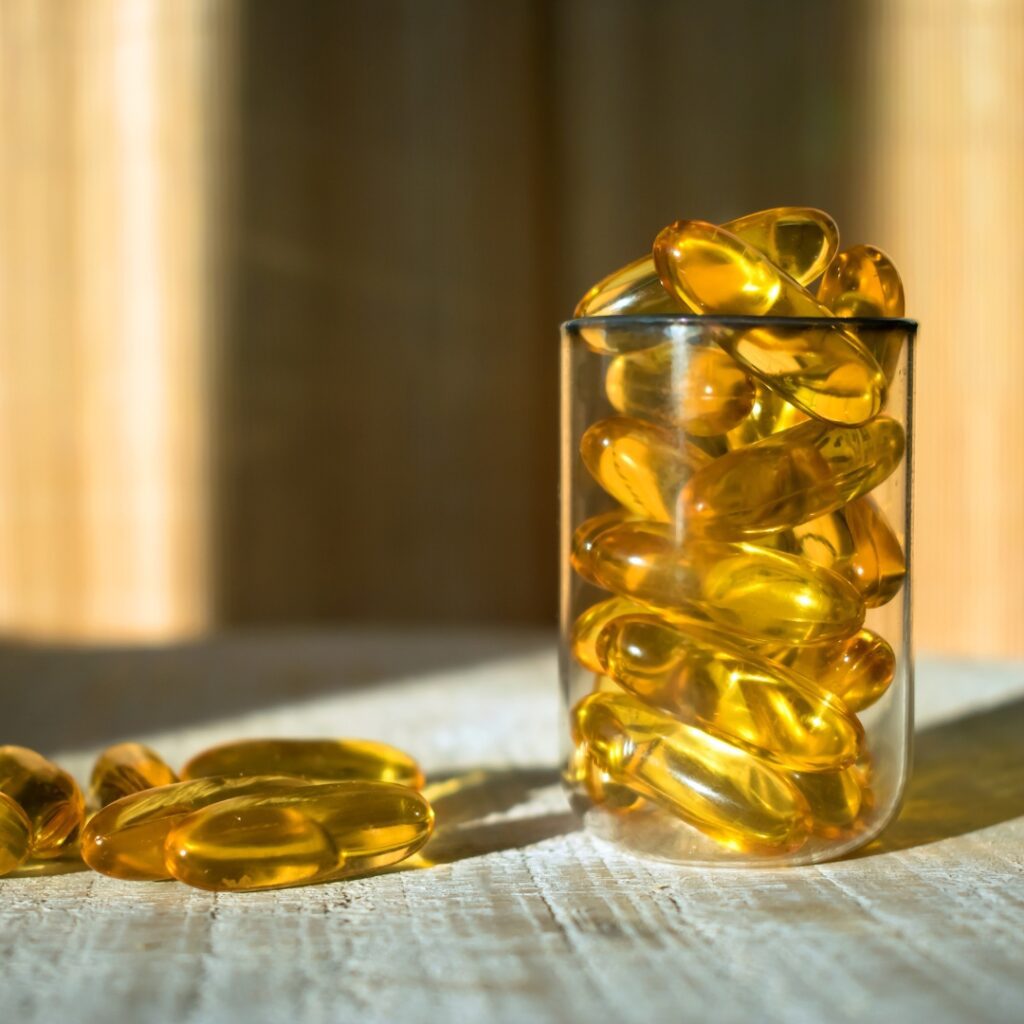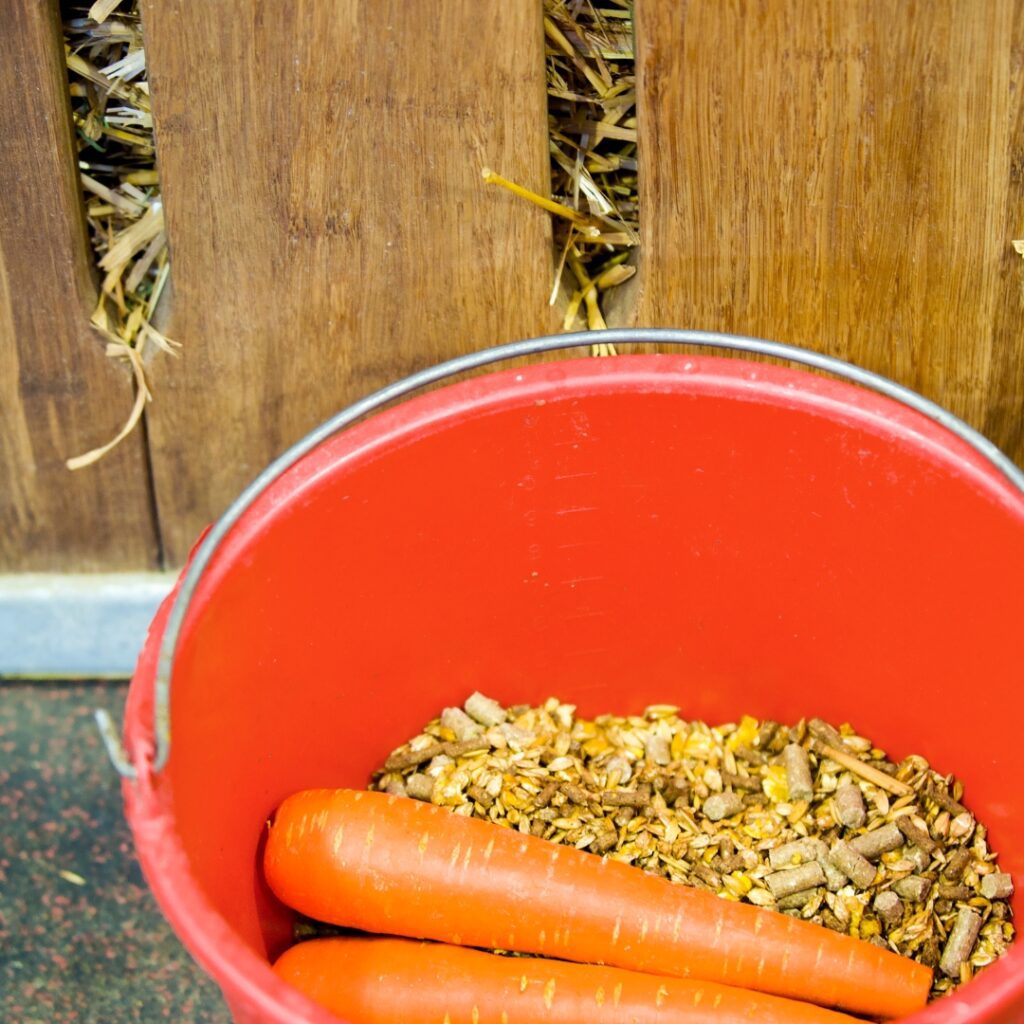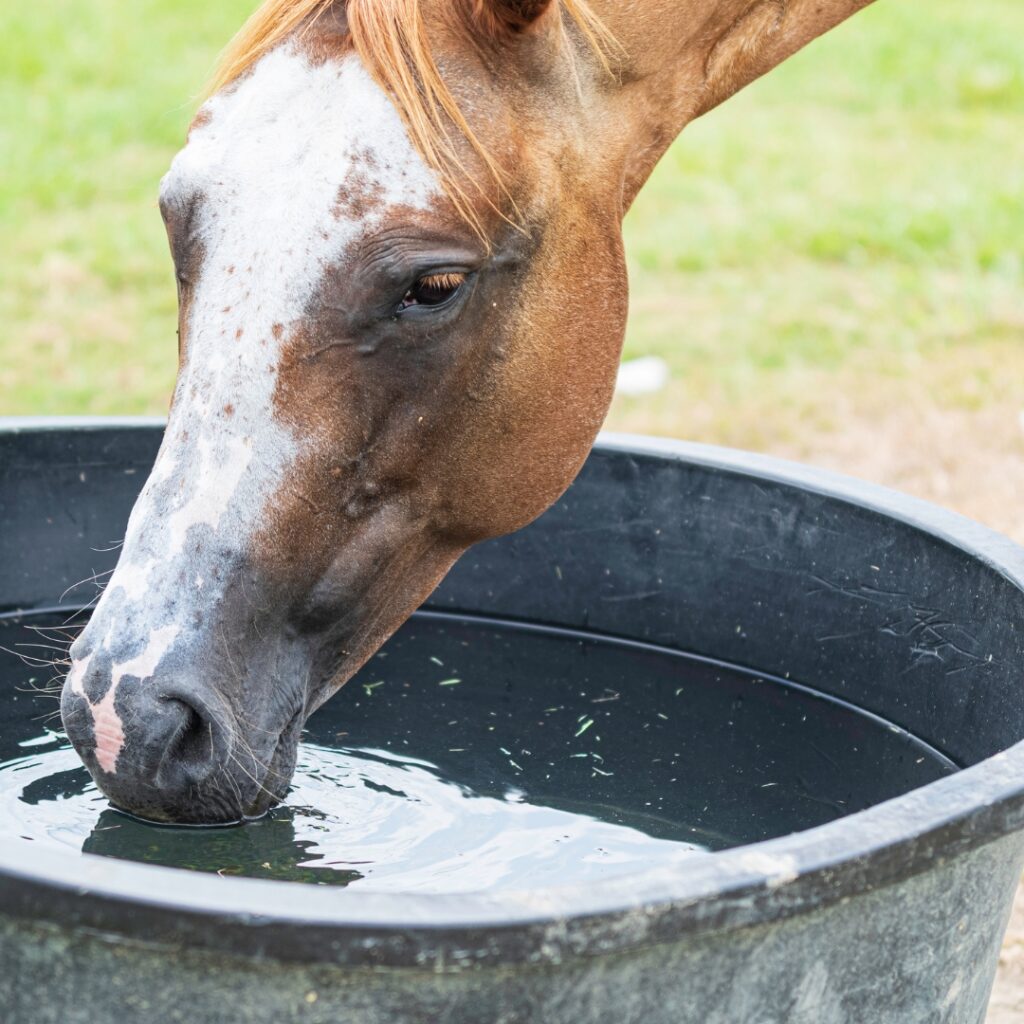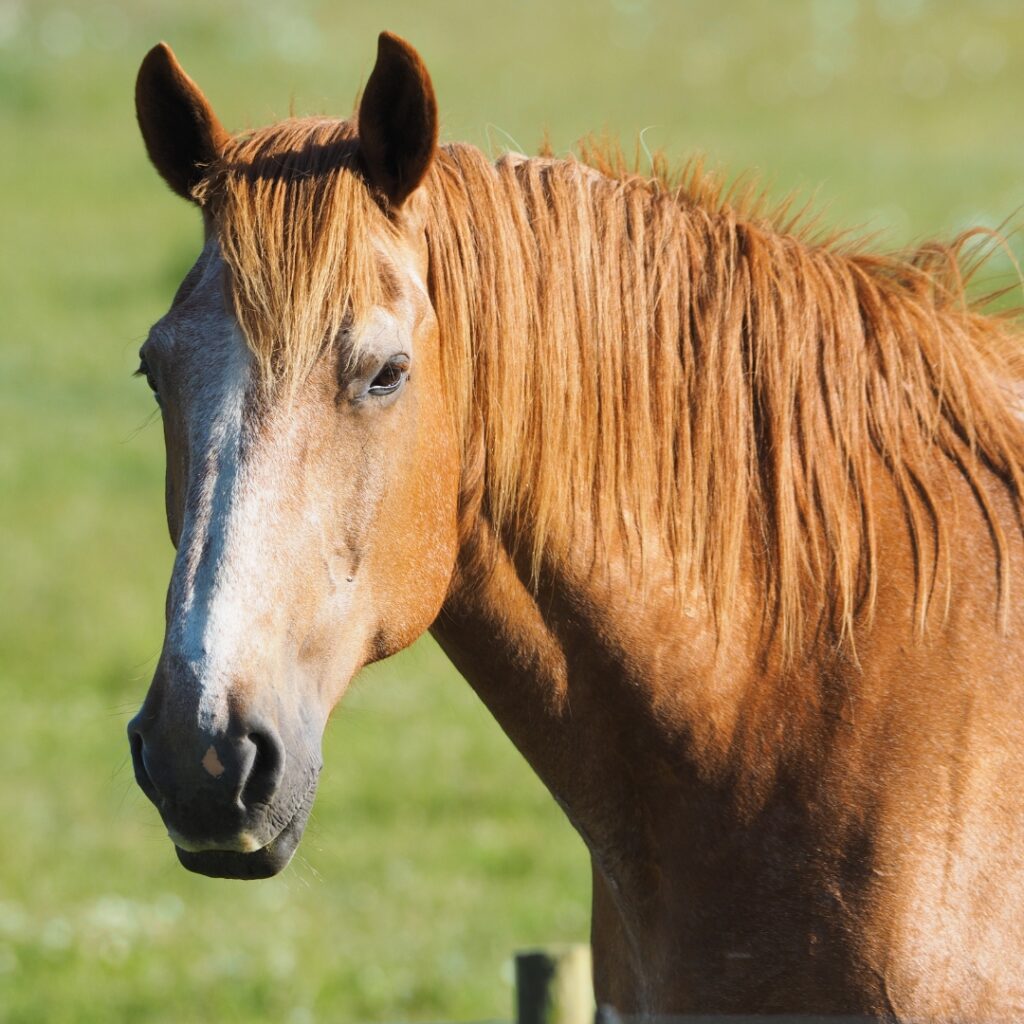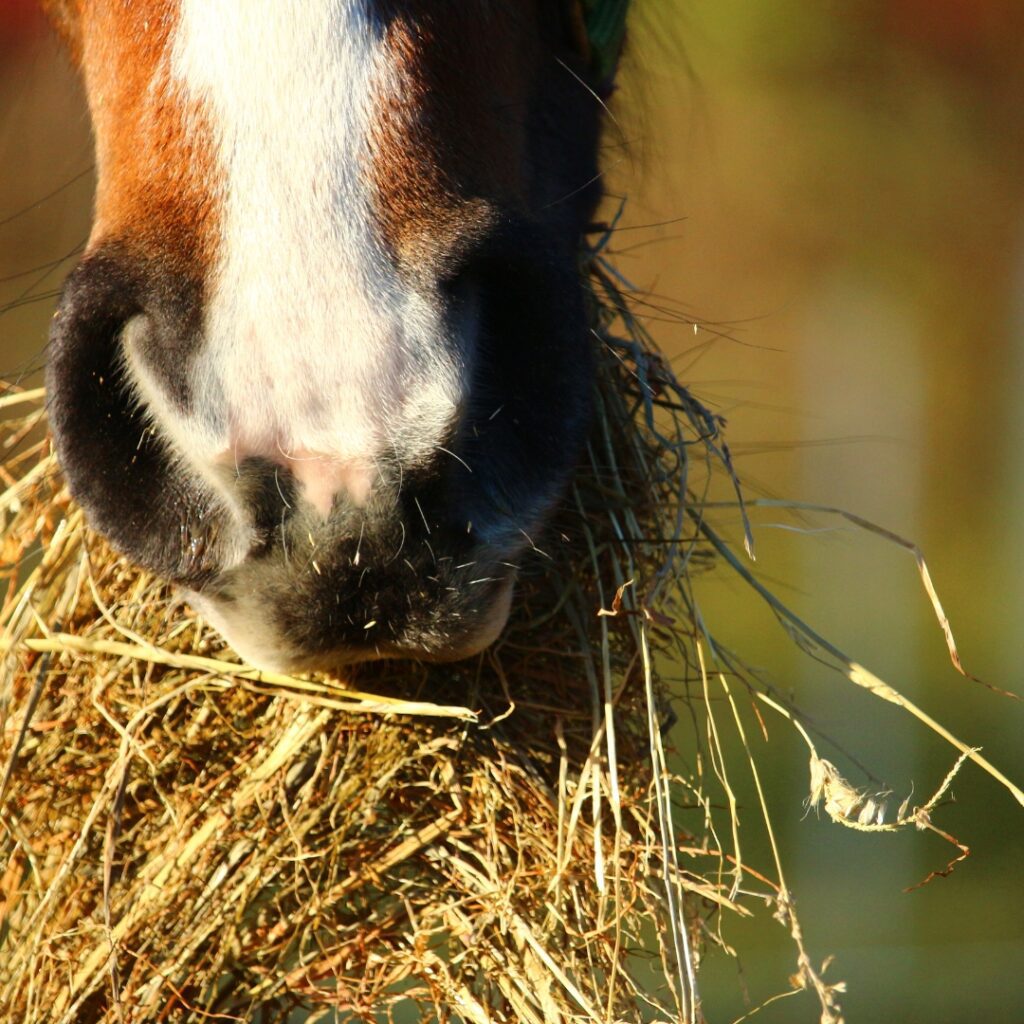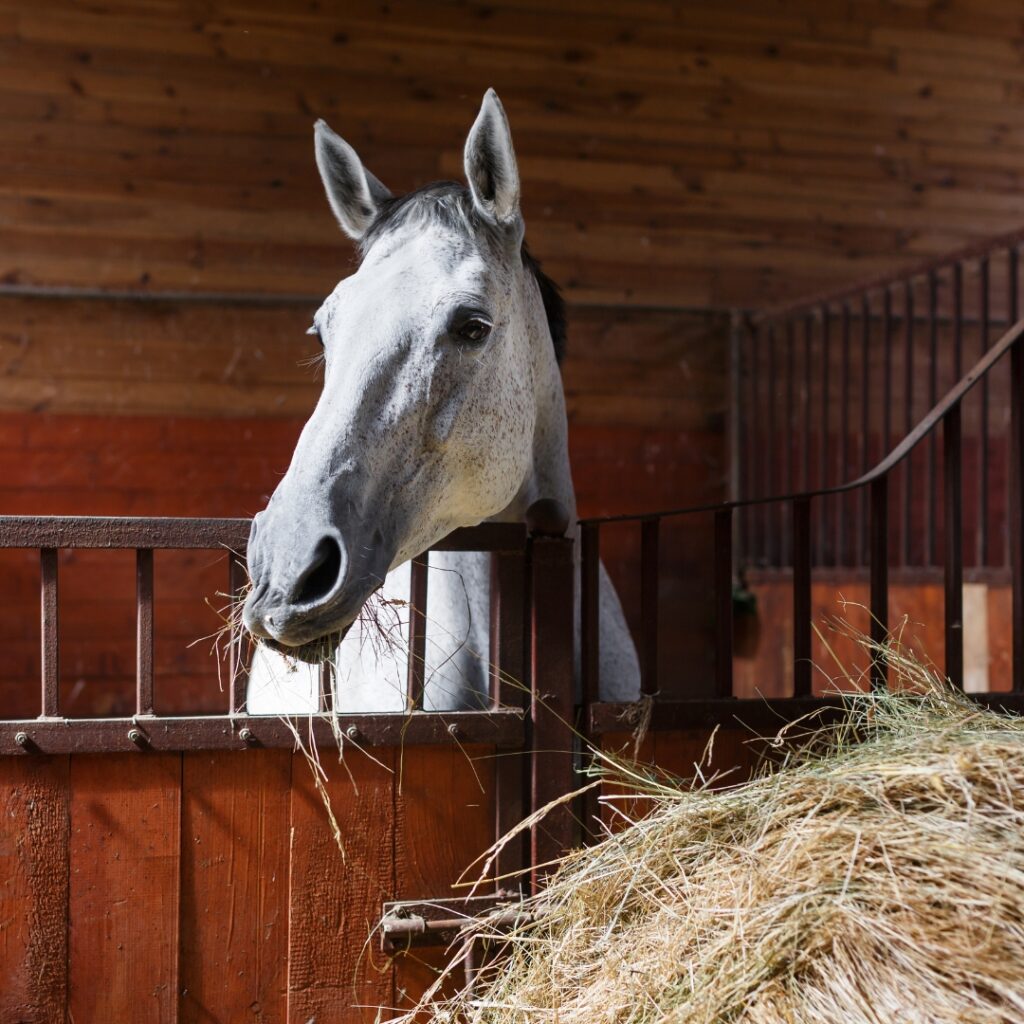
Proper pasture management can make a significant difference in yield and allow your horse to graze more, in turn, consuming less supplemental hay. As a general rule, horses will graze 0.26 lbs of dry matter per 220 lbs of body weight per hour. If your horse is 1000 lbs and grazes for ~16 hours this […]

Introduction If you think about it, the equine joint is pretty amazing. The joint must tolerate these extreme forces without pain or failure. Unfortunately, osteoarthritis is an extremely common career limiting health issue. Due to this, equine joint supplements are extremely popular. Prior to discussing the supplement ingredients in detail, understanding some of the basic […]

Why Feed Omega 3s? In equine nutrition, there is a big push for feeding omega-3s with all sorts of fancy oils on the market. The main underlying metabolic mechanism is that omega 3s are an anti-inflammatory fatty acid. These are required for basic physiological functions and are key components of many tissues and organs. In […]

The Supplement Industry The equine supplement industry is wild! There are an overwhelming number of options, and there seems to be a supplement for just about everything. As a horse owner, it can be challenging to know which ones are worth the money and which simply aren’t. Research has estimated that over 80% of horse […]

I have recently had multiple clients ask me about water consumption in relation to equine nutrition. Did you know that water is one of the 6 main nutrient categories according to the NRC, 2007. Therefore, it should not be overlooked. This week’s blog post is going to summarize some interesting research as well as provide […]

This week’s Friday with Finn is the last of the protein series. Instead of discussing a broad topic, this installment will focus on a single publication. The reference is: Loos, C. M. M., Dorsch, S. C., Elzinga, S. E., Brewster-Barnes, T., Vanzant, E. S., Adams, A. A., & Urschel, K. L. (2019). A high protein meal […]

In the previous blog post, protein requirements and protein quality was discussed. However, there can be complications when protein requirements are greatly exceeded. This installment of Fridays with Finn will cover both protein deficiency and protein overload in horses. Protein Deficiency Research suggests that protein deficiency in the horse is less common when compared to […]

Defining Protein Protein is one of 6 nutrient classes that horses have a requirement for. It is a major component of body tissues. Along with being a core component of tissues, proteins are also heavily involved in enzymes, hormones, and antibodies. Proteins are long chains of amino acids, there are 21 amino acids that join […]

Soaking hay is a popular topic in equine nutrition. There are many reasons a horse owner may choose to soak their horse’s hay. Some examples include laminitis, poor dentition, digestion concerns, metabolic disorders, as well as respiratory problems. Today’s blog post will discuss what the research tells us about soaking hay to reduce non-structural carbohydrate (NSC) […]

What is a balanced diet? To have a balanced diet means that all the animal’s nutrient requirements are being met in the correct proportions. There are 6 key nutrient classes that must be accounted for in a horse’s balanced diet. They include carbohydrates, proteins, fats, minerals, vitamins, and water. The requirement for forage should also […]
